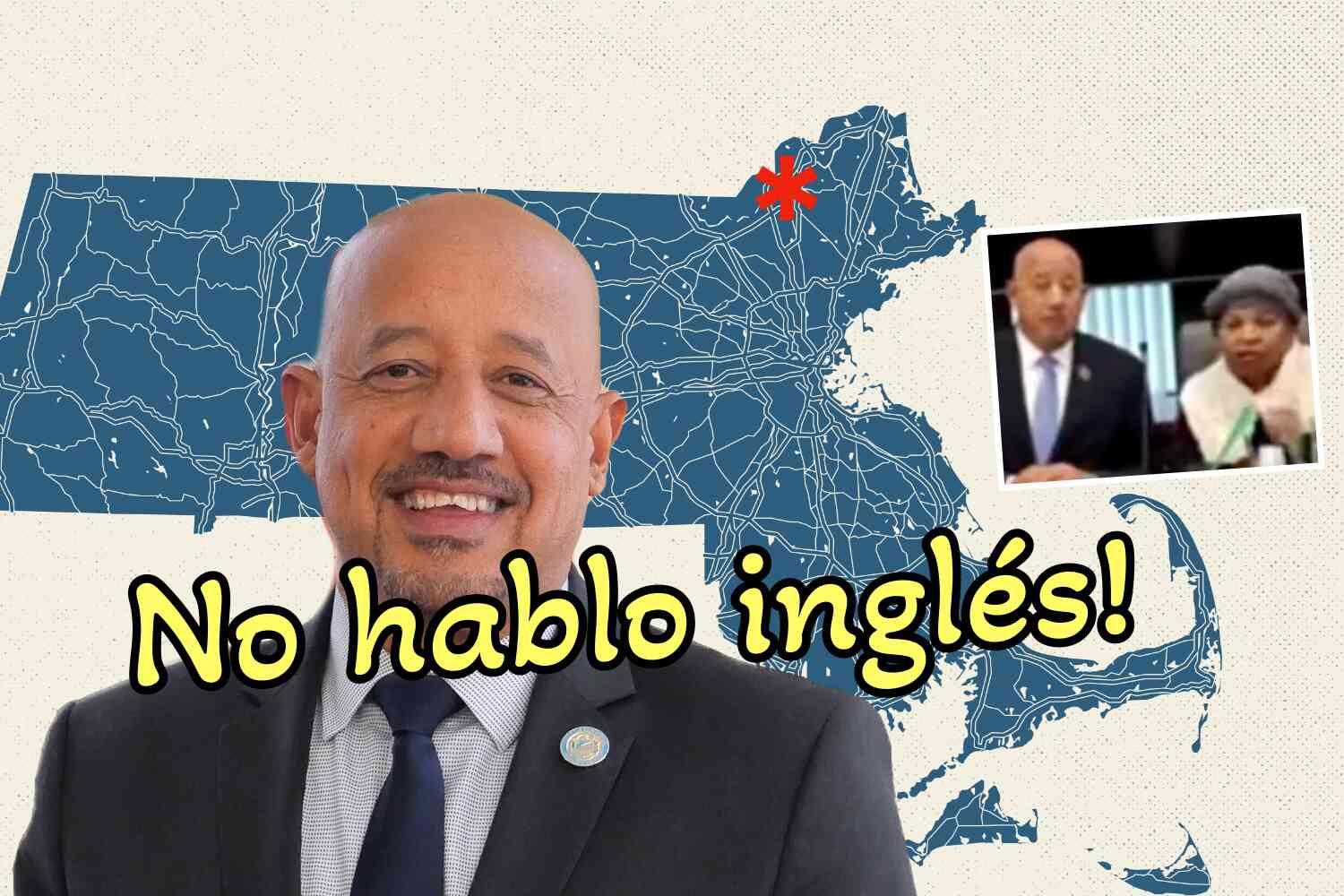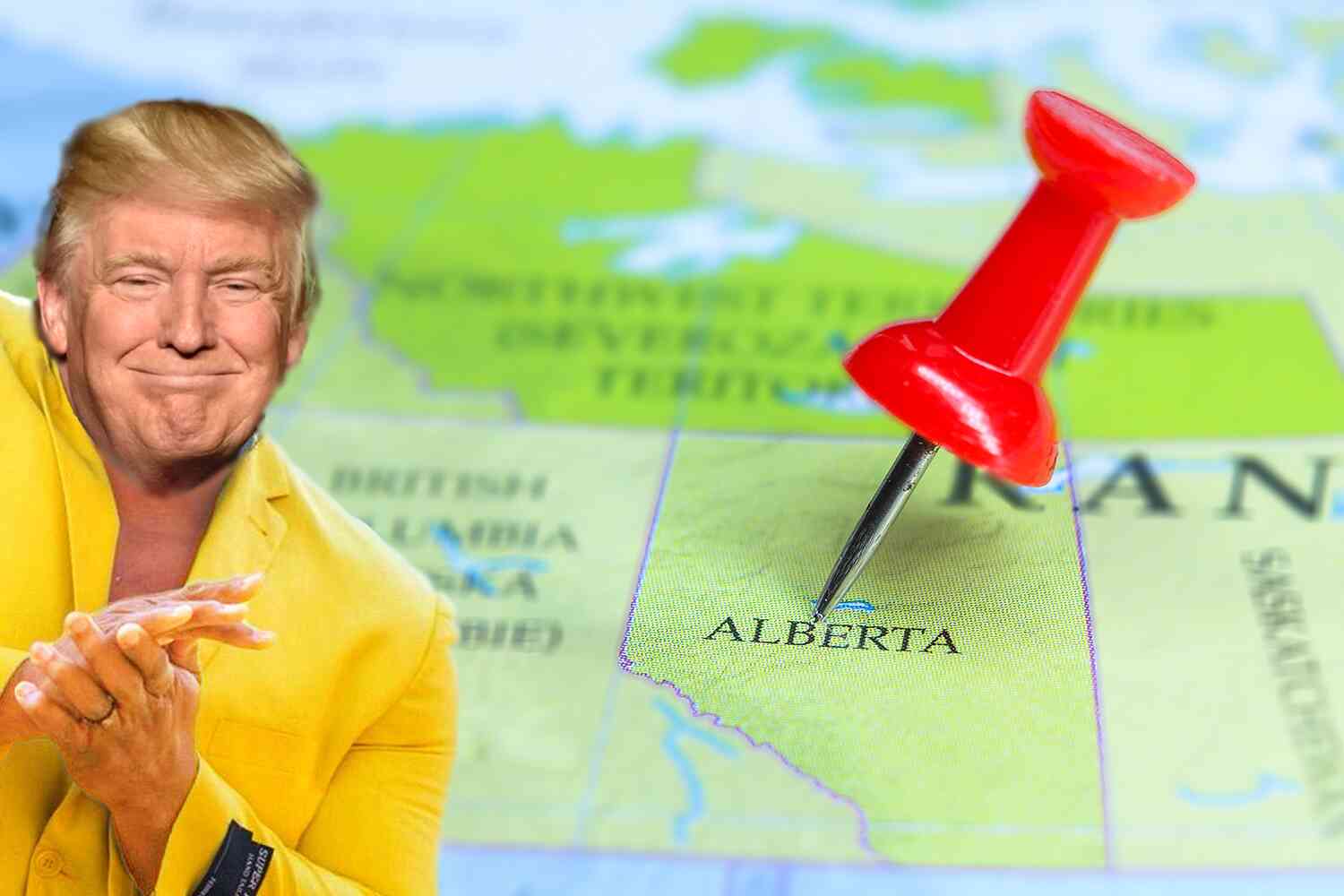Oh man, this is glorious. Democrats are now paying people to convince their family and friends to vote left.
No joke. Look.

Conversations with friends, family members or neighbors are more likely to earn a voter's support than chats with a stranger at their front door, which is the traditional way campaigns have run paid canvassing programs in the past. And an important test case for deploying the strategy at scale came out of the Georgia Senate runoffs in 2021 when now-Sen. Jon Ossoff's (D-Ga.) campaign, flush with nearly unlimited cash but only two months to spend it, used a paid and volunteer relational program to get people talking to acquaintances instead of strangers about the election.
Yeah man, these people are as desperate as can be right about now.
They know they're going to lose big in November, so get ready for more politics talk at Easter, more Trump bashing at the BBQ, and probably zero talk of Hunter Biden's laptop (or the Biden Crime Family in general).
And I'm sorry, but I can't help but equate this technique to school fundraisers. Like, you'll be sitting at grandma's birthday party having what you thought was a normal conversation with cousin Alex—who was always a girl, but now you're not sure what's going on—and then BOOM, out pops that bright blue "Vote For Evers" pamphlet.
"Have you had time to think about who you're voting for this fall?" Alex will ask, as you desperately scan the party looking for someone to save you. You'll wish you'd grabbed a little less food, or maybe added a few more ice cubes to that Coke which would've given you an easy escape route.
But cousin Alex is being paid by the Democrats to talk to her family and friends about politics, and you'll never escape.

The worst will be the kids who have their mom do the campaigning for them. You'll get a text from your sister like, "hey there... just wanted to let you know Braden is campaigning for the Democrats and he really would like it if you voted for Senator Michael Bennet. I'll give you the flyer next time I see you. Thanks, sis. Talk soon!"
More from Politico:
Relational organizing itself is not new, with a long history in community organizing movements. But incorporating it as a central feature of a political campaign is new. And reaching voters, especially less-likely voters, through trusted communicators is an especially important goal for Democrats this year, with the party facing a stiff midterm climate and a serious enthusiasm gap.
(That blue link there is great, by the way, and you should read the article.)
Relational organizing does require a lot of back-end operational strength from the campaigns — tracking volunteers' conversations, storing that data in a usable infrastructure and scaling it to a statewide race. That's a lot more complicated than counting up how many doors a volunteer has knocked on.
So sad.
So desperate.
Though I guess there's at least one positive I'm seeing here: at least I'll have fewer Democrats knocking on my door this summer. Right or Left, I'd much rather have a conversation with a conservative. It's much easier to pick at conservative ideas and play devil's advocate than to risk offending a Democrat. It's true.
Alright people, make sure you keep an eye out for cousin Alex and her paid advertisements for the Democratic Party. And like I mentioned above, put less food on your plate, or more ice in your drink. These are easy ways to flee awkward conversations of any kind.
Anyhow, gotta go grab another drink.
Talk soon.
P.S. Now check out our latest video 👇









